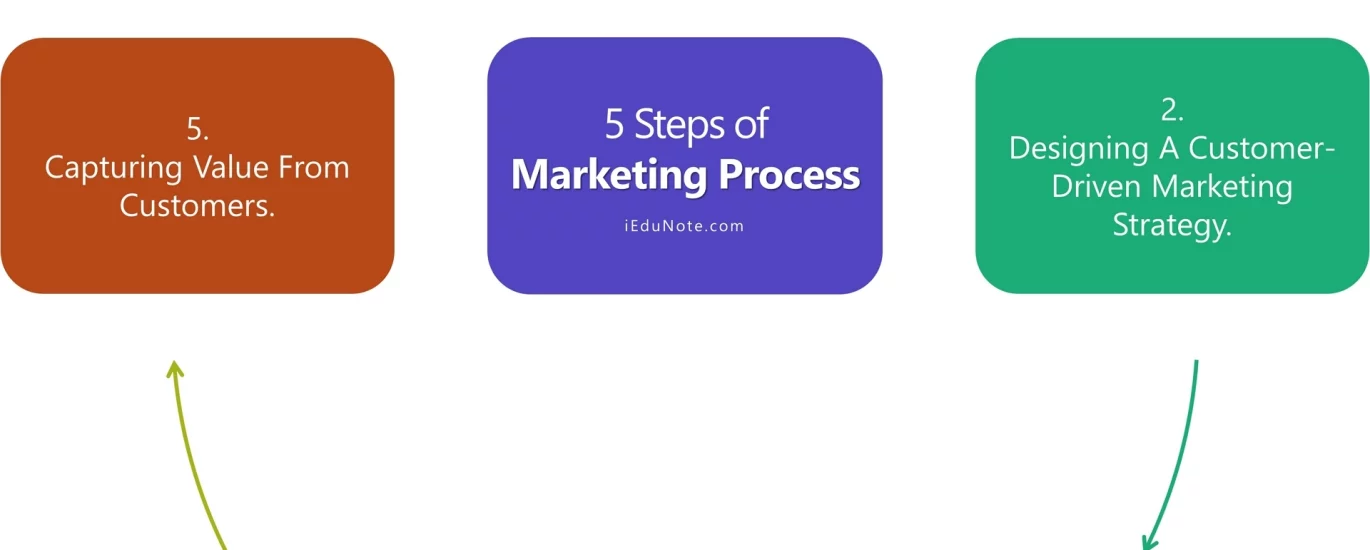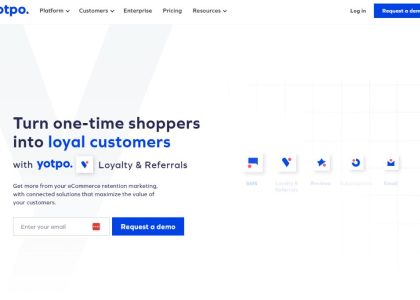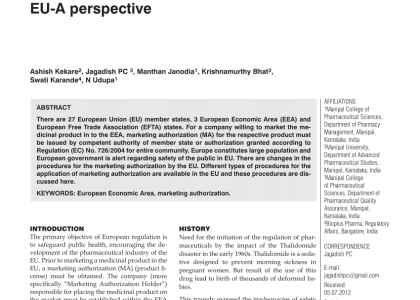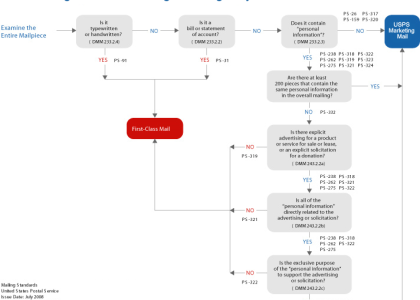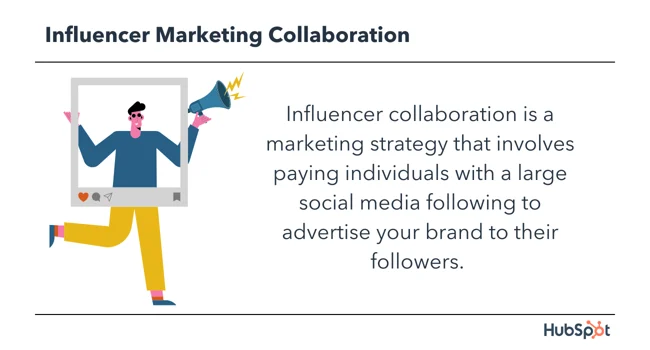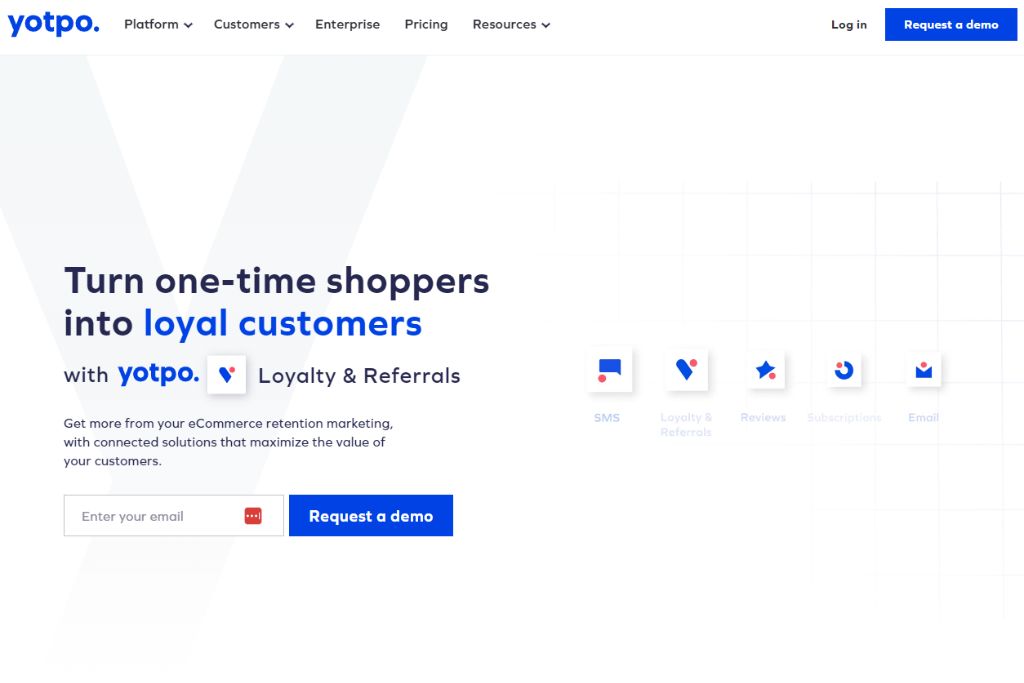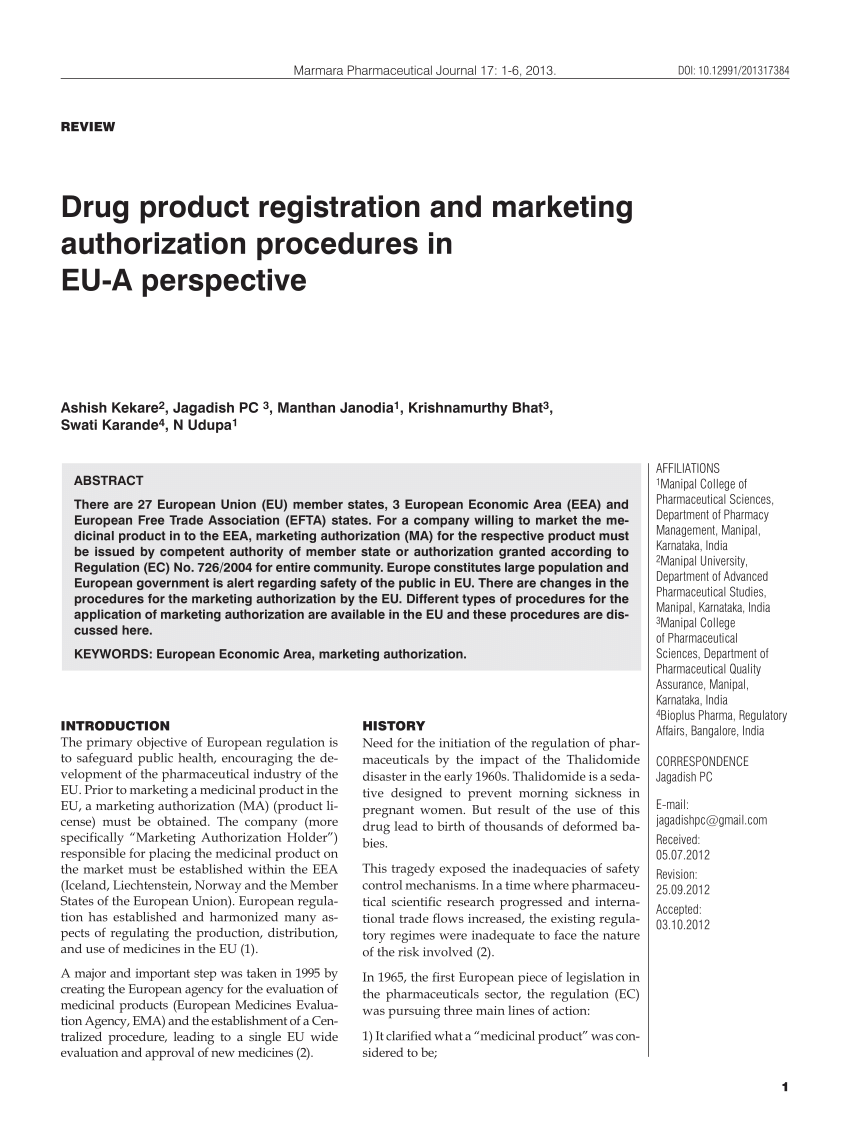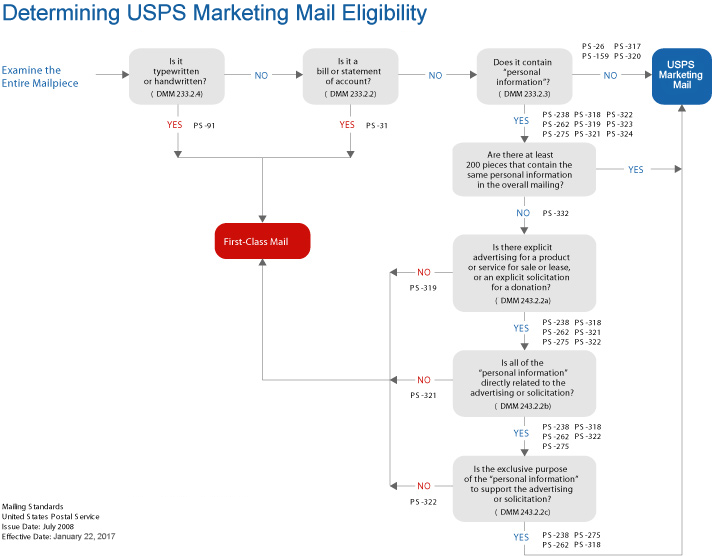In today’s continually evolving economic landscape, it’s crucial for businesses to grasp the principles of decentralized advertising. The way of promoting products or services over various channels and locations, leveraging both corporate and local resources is becoming increasingly significant. Of course, as with any business strategy, an understanding of its key components and benefits is paramount.
Decentralized advertising, also known as dispersed marketing, is a remarkable approach that blends corporate marketing strategies with local marketing efforts. It allows for a strategic alignment across different channels, targeting potential customers more effectively. This technique can be especially beneficial for larger corporations with multiple locations or franchises. The higher coordination leads to greater consistency in marketing messages while allowing for local customization.
By delving into this topic, we will provide you with a comprehensive view of decentralized marketing. We aim to uncover the primary elements that constitute this strategy, and shed light on the benefits. Our intent is not just to equip you with a theoretical understanding, but to illustrate how your business could utilize these insights practically and beneficially.
Understanding the Concept of Sprawling Marketing
At its core, Sprawling Marketing is a model that allows organizations to execute their marketing projects across different geographical locations while maintaining a cohesive brand. Also known as Multilayered Marketing, it is predominantly employed by businesses with numerous branches or divisions strewn across various regions. This approach ensures that each branch’s marketing effort is tailored to its specific local market, ensuring relevance and efficiency.
Distributed marketing works by bridging the gap between the core marketing team centered in the headquarters and the local marketing teams or representatives in the different regions. It empowers local marketers, giving them access to corporate-approved marketing resources and enabling them to customize as necessary for their respective market. It’s all about marketing synergy.
Pivotal Elements of Sprawling Marketing
- Brand Consistency: This is about maintaining the same standards and messaging across all marketing versions to create a uniform brand image. Even with localization, certain elements must remain constant.
- Compliance: Multilayered Marketing keeps checks and balances in place to ensure local marketer’s campaigns align with local regulations and standards. A breach could tarnish the brand’s reputation or lead to legal issues.
- Localization: It’s crucial to adapt marketing messages and tactics to meet the specific needs and preferences of local markets, ensuring maximum relevance and effectiveness.
- Efficiency: Streamlining the distribution of marketing resources and removing redundancy is at the core of this model. It’s all about doing more with less.
The benefits of a well-implemented sprawled marketing management system are massive. It enables scalability, enhances marketing productivity, and allows localized engagement. In a global marketplace where relevance is key, such a marketing management model is a necessity.
Crucial Elements of Decentralized Marketing
Decentralized marketing, an trending approach to marketing strategy, relies on a variety of important elements. Central to these is the understanding that marketing efforts should be spread out attain wider audience reach, particularly in large, diverse markets. To fully comprehend this potent strategy, let’s explore the three fundamental components: internal collaboration, tailored messaging, and usage of modern technological solutions.
Internal Collaboration
At the core of decentralized marketing is inter-departmental collaboration. Unlike traditional marketing where a single department takes full responsibility, decentralized marketing requires the joint efforts of various business units. It involves each department such as sales, customer service, and design team, making a concerted effort to project a unified branding message to the target audience. This approach fosters collective decision making and cooperation, resulting in consistent brand identity and a stronger market presence.
Customized Messaging for Varied Audiences
Another crucial aspect of decentralized marketing is tailored messages for different audience segments. Since decentralized marketing approaches operate on a more localized level, they must modify their messages to resonate with specific/local markets. This approach often increases customer engagement as these communications are more relevant and personalized. The essence of this aspect is, to grasp the nuances of each market segment’s wants and needs, and to tailor messaging that will engage and resonate with them.
Technological Solutions
Finally, the usage of sophisticated technological solutions is indispensable in any effective decentralized marketing strategy. This includes customer relationship management (CRM) systems, advanced data analytics tools, and other digital marketing platforms that help manage and streamline marketing operations across different business units and regions. These tools enhance the effectiveness of marketing campaigns, drive better decision-making with data insights, and help ensure a smooth and consistent brand experience across diverse markets.
In conclusion, decentralized marketing is not merely a trend—it’s a purposeful and strategic method of reaching and engaging customers in a competitive, diverse marketplace. It is the harmonious interaction of internal collaboration, custom-tailored messaging, and technological systems that differentiates decentralized marketing and makes it a viable marketing strategy for businesses globally.
Grasping the Importance of Area-Specific Marketing within Widespread Marketing Strategies
A grasp on the nature of area-specific advertising within multi-region publicity strategies can enhance your marketing efforts exponentially. This is a critical facet of the far-reaching marketing concept that gives weight to the power of local markets.
What is Area-Specific Advertising?
Area-specific advertising is often referred to as marketing that is tailored to the needs, preferences, and cultures of specific regions. This marketing approach can be distinguished by advertisements that are created in the local language, displaying cultural nuances, and spreading messages that resonate with local consumers on a personal level. Localization allows a brand to communicate effectively with a distinct target audience, thereby driving customer engagement.
The Influence of Area-Specific Advertising in Multi-Region Publicity Strategies
Multi-region publicity strategies involve the combination of overarching marketing goals and localized marketing efforts. The primary role of area-specific advertising in such strategies is to ensure that the brand’s messaging remains consistent across different markets while also catering to the unique preferences of each geographical area.
Localized marketing facilitates a stronger affinity between consumers and a brand by creating a personalized experience for consumers in distinct locales. This not only helps in effectively conveying the brand’s messaging on a global level but also aids in building customer loyalty in different markets. Furthermore, it allows the company to adopt a customer-centric approach, which can lead to significant business growth.
Key Advantages of Integrating Area-Specific Advertising into Multi-Region Publicity Strategies
- Increased engagement: By tailoring content as per local preferences, businesses can intrigue customers and improve engagement levels.
- Improved customer loyalty: When a brand respects and understands a consumer’s culture and preferences, it’s more likely to gain their trust and loyalty.
- Higher conversion rates: Personalized marketing strategies often lead to higher conversion rates as they meet the specific needs of customers.
In conclusion, the role of area-specific advertising in multi-region publicity strategies cannot be overstated. It provides a brand with the opportunity to connect with various target markets on a deeper level, thereby optimizing the overall impact of its marketing efforts.
Why Uniform Branding Is Crucial In Decentralised Marketing Operations
In a universe where marketing has evolved from being isolated and focused to a more complex, multi-channel, and multi-device process, maintaining brand consistency remains a focal point. Especially in the field of decentralised marketing strategies, where messages and initiatives originate from different levels of the organisation, consistent branding is vital to cementing your organisation’s position in the industry.
Brand consistency is not only about maintaining a common logo and colour scheme across different marketing mediums. It represents the core values, unique selling propositions, and the overall personality of your brand. In distributed marketing scenarios, maintaining uniformity in all branding elements becomes more complex, but paramount nonetheless.
Having a clear and consistent branding strategy amplifies your brand’s message and aids in building trust among your audience. A consistent brand is an easy brand for your target audience to recognise and relate to. It brings a sense of familiarity which aids in fostering loyalty among customers.
- Reliability – Consistent branding provides customers with a sense of security in knowing that they can expect a certain level of quality and service from your brand.
- Differentiation – In a market saturated with competing businesses, uniform branding can help to distinguish your brand from the rest.
- Customer loyalty – Consistency in branding leads to familiarity and trust, which are vital catalysts for fostering customer loyalty.
Moreover, uniform branding serves as a guidepost for your all marketing initiatives, regardless of the platform or device used. It ensures that every marketing message resonates your brand’s mission, vision, and values which culminates in meaningful engagements with your customers.
Given the intrinsic benefits that consistent branding carries, it is clear why it holds an essential place in decentralised marketing operations. After all, your brand is your identity, and it should be reliable, recognisable, and repeatable to make meaningful impressions among your audience.
Illustrative Instances of Decentralized Advertising Strategies in Commercial Ventures
Decentralized advertising, more widely recognized as distributed marketing, interlinks different channels and touchpoints within your marketing strategy. This entails that no matter where your customers interact with your business, they are receiving a steady, optimized experience. We can witness this decentralized marketing strategy in play across several sectors and businesses. Here are some examples:
1. The Franchising Business Model
One classic instance of distributed marketing in action is the franchising business model. Renowned names such as McDonald’s and Subway dominate the global franchising space. Be it the U.S., Germany, or India, a visitor to any of their outlets will encounter a familiar environment, consistent menu offerings, and uniform packaging, thus providing a consistent brand experience.
2. Technology Companies
Businesses in the tech space, such as Microsoft and Adobe, utilise decentralized marketing to propagate their products and services. With multiple software suites and product lines on offer, these companies employ both global and localized marketing tactics to ensure a cohesive yet relevant brand presentation.
3. Fast-moving Consumer Goods (FMCG) Companies
Consumer goods companies like Unilever and Procter & Gamble also employ distributed marketing models. With a diverse range of products under different brands, they leverage this approach to ensure that each brand maintains its unique identity while still upholding the parent company’s core values.
In all of these examples, the key factor is the balance between centralized control and local flexibility. By allowing local franchises or branches to cater their marketing efforts to local tastes and preferences, organizations can ensure a more relevant and impactful brand presence. At the same time, maintaining centralized guidelines and policies helps uphold brand consistency and effectively manage overall marketing strategy.
Thus, the power of decentralized marketing lies in its ability to combine the best of both worlds – the comprehensive vision of a centralized strategy and the local insight of regional marketing efforts.
Exploring the Connection between Decentralized Advertising Strategy and Digital Shift
It’s important to understand the correlation between decentralized advertising strategy, also known as distributed marketing, and the revolution of digital technology, also known as digital transformation. This connection holds several implications for the way businesses structure their marketing activities and approach innovation.
Fostering Innovation through Digital Revolution
The digital shift has dramatically altered how companies carry out their marketing operations. By leveraging emerging technologies and digital channels, companies are now able to reach a wider audience, offer personalized customer experiences, and make data-driven decisions. This revolution in technology has a profound influence on the practice of distributed marketing, making it more effective, trackable and flexible.
Overcoming Geographical Boundaries
In the context of decentralized marketing, the digital shift has made it possible for the marketing activities to be spread out over various locations, beyond the restrictions of geographical boundaries. With the aid of digital channels, marketers in different locations can coordinate their efforts and execute campaigns that are not only consistent but also tailored to local market conditions.
Improving Data Management
Another key relationship lies in the area of data management. Digital transformation brings forth a host of advanced analytic tools and techniques that support the handling, analysis and application of data in a decentralized marketing model. This enables companies to extract meaningful insights from their marketing data, inform their strategies and improve their results.
- Enhanced Customer Engagement: Digital platforms allow for personalized engagement, increasing customer retention and satisfaction levels.
- Data-Driven Decision Making: Advanced data analytics provides valuable insights into customer behavior, enabling the formation of strategic marketing initiatives.
- Improved Coordination: Technology aids in coordinating marketing activities across different locations, ensuring consistency in message and branding.
In conclusion, the digital transformation and distributed marketing are intimately linked. They mutually reinforce each other in a way that enables businesses to deliver better marketing performance while staying resilient and adaptable in the face of changing market conditions.
Enhancing Customer Experience through the Application of Dispersed Marketing
Through authentic customer interactions and relevance, dispersed marketing can significantly improve the customer experience. This marketing approach enables organizations to deliver personalized content to customers, tailored to their preferences, which enhances customer engagement.
Personalization – The Heart of Customer Experience Enhancement
Central to improving the customer experience is the concept of personalization, typically achieved through customer segmentation. This is a key feature in dispersed marketing, where customers are classified according to their behaviors, preferences, and demographics. As a result, businesses can create a more personalized, and thus, more effective and captivating experience for their customers.
Fostering Brand Consistency
Another important factor in enhancing customer experience is maintaining brand consistency across various communication channels and touchpoints. Dispersed marketing ensures that the brand’s message remains consistent, whether it’s being disseminated via email, social media, or other digital platforms. Brand consistency not only aids in brand recognition but also fosters trust and credibility, which can significantly enhance the overall customer experience.
Utilizing Real-Time Data
Data is the core of any successful marketing strategy, and dispersed marketing is no exception. Real-time data allows marketers to understand customer behavior and tailor their marketing strategies accordingly. For instance, understanding when a customer typically shops online can aid in timely delivery of targeted advertisements, thereby improving the customer’s shopping experience.
- Segmenting your customers according to their preferences, behavior, and demographics can create a more personalized shopping experience.
- Dispersed marketing fosters brand consistency, which fosters trust and credibility in your brand and enhances the overall customer experience.
- Real-time data allows businesses to understand customer behavior and tailor their advertising strategies accordingly.
In conclusion, dispersed marketing is a powerful tool that can significantly enhance customer experience. By focusing on personalization, maintaining brand consistency, and leveraging real-time data, businesses can create a more engaging and satisfying customer experience.
Significance of Data Examination in Decentralised Advertising
For a more effective and successful decentralised marketing strategy, a significant amount of relevant information is required. This is where data analysis comes into play. Accurate data analytics can provide much-needed insight into consumer behavior, enabling marketers to make informed decisions and build sophisticated marketing campaigns.
How Data Analytics Drives Marketing Decision-Making
By examining patterns, trends, and correlations in huge volumes of data, decision-making processes can be significantly enhanced. Such methods include text analysis, predictive analytics, user behavior analytics, and other statistical techniques. By interpreting high-quality, detailed data, marketers can identify the most effective strategy for communicating with different market segments. The result? More personalised, accurate, and effective marketing messages that help to maximise ROI.
The Advantages of Employing Data Examination in Decentralised Advertising
- Enhanced customer knowledge: By gathering data from multiple channels, insights into diverse customer behavior patterns can be gained. This can then be used to create more accurate customer profiles and target potential customers accurately.
- Efficient use of resources: With data analytics, marketers can carefully craft strategies that ensure every dollar spent maximises profit. By understanding where to target resources, they can significantly improve cost-efficiency.
- Improved customer experience: Through careful analysis, a more personalised customer experience can be delivered. Tailored content and marketing ensures customers feel valued, driving loyalty and brand advocacy.
So, the role of data examination in distributed marketing is pivotal. Not only can it help companies to deliver more relevant and effective advertising, but it also enables them to make the most lucrative investments. By using evidence-based decision making, they can maximise their marketing efficiency and create highly successful campaigns.
Effective Tools and Software for Decentralized Marketing
Distributing marketing activities across different locations and teams calls for tools and software that streamline activities, improve collaboration, and automate processes. These resources help to form a robust decentralized marketing strategy.
Fundamental Technologies for Decentralized Marketing
Tools for content management consistently ensure that all marketing teams, regardless of their location, have access to the latest brand assets. This includes product specs, brand guidelines, and current promotional materials. They ensure that all communications maintain brand consistency, which greatly enhances the brand’s market perception.
Customer relationship management (CRM) software is another critical tool. These platforms log customer interactions across diverse touchpoints, ensuring that all teams have access to the same customer data. This unified perspective helps marketing teams tailor their strategies to the customers’ needs and preferences.
- Automation tools come in handy to streamline routine tasks, like email marketing, social media posts, or even customer segmentation. Automating these processes saves valuable time, enabling marketers to focus on other, potentially more strategic activities.
- Data analysis tools are critical in today’s data-centric marketing environment. They assist in collecting, analyzing, and visualizing data, providing valuable insights that inform marketing decisions.
In summary, the choice of appropriate tools and software is a crucial aspect of successful decentralized marketing. Effective resources streamline processes, ensure brand consistency, provide a unified view of customers, and enable data-driven decision-making.
Why You Should Adopt a Decentralized Marketing Approach
Embracing a decentralized marketing system can bring a raft of benefits to businesses, with activities and decision being shared across different locales, rather than being exclusively controlled from a central hub.
Enhancing Local Engagement
One of the most significant advantages of a decentralized marketing approach is the potential for increased local engagement. By allowing branches or subsidiaries of a company to run their own localized marketing campaigns, organizations can deliver personalized and relevant messages to their respective audiences. These efforts can lead to fuel consumer affinity, increasing brand recognition and loyalty in the local market.
Apart from helping corporations to establish closer connections with local clienteles, this strategy also enables them to swiftly respond to consumers’ feedback and adapt marketing strategies accordingly, resulting in a dynamic and adaptable way of marketing.
Expert Local Knowledge
A decentralized marketing model allows for a deeper understanding and better use of local knowledge. Local marketers often possess a solid grasp of their specific market segment, allowing them to provide insights into the tastes, preferences, and habits of the local demographic, enabling the creation of marketing initiatives that express a deep understanding of the local consumer.
Efficiency and Cost Effectiveness
Organizations utilizing a dispersed marketing strategy can achieve operational efficiencies. With responsibility for marketing activities spread across various locations, it can lead to a reduction in workload and pressure on the central marketing team. Moreover, a decentralized approach to marketing can also reduce costs for market research as the local teams readily understand and have access to their specific markets.
In the long run, implementing a decentralized marketing strategy can lead to a competitive advantage in the business landscape, with stronger local market presence, greater operational efficiencies, and high levels of customer engagement among the key benefits.
Obstacles Faced in the Deployment of Dispersed Advertising Strategy
The execution of a dispersed advertising tactic can encounter numerous obstacles, overcoming which depends on organizational capacity and resilience. The significant challenges concerned involve difficulties in striking a balance between central control and local adaptation, complexity of technology systems, alignment of different stakeholders and managing data privacy and security.
Harmonizing Central Control and Local Adaptation
In a distributed marketing ecosystem, companies often grapple with achieving a perfect balance between central supervision and local customization. This issue arises as the need for local market adaptation might conflict with maintaining brand consistency across diverse markets. Moreover, equipping local teams with the necessary tools and skills for marketing execution without compromising the core brand value is a challenging task.
Complexity of Technological Systems
Another significant hurdle of implementing a dispersed promotion model is the complexity associated with technology systems. With the aim of reaching various points of sales and customer touchpoints, businesses employ multiple tools and software. Not only integrating such systems is complex, but it also requires extensive coordination among different teams, posing additional challenges.
Alignment of Different Stakeholders
Aligning a broad range of stakeholders such as central marketing team, local representatives, and external partners, amidst the distributed marketing strategy can prove to be a daunting challenge. Ensuring they all perceive and convey the unified brand message, without divergence, needs meticulous planning and excellent communication.
Data Privacy and Security
Last but not least, in an era of increased scrutiny of data privacy and security, ensuring these parameters in a dispersed promotion tactic is indeed challenging. With an increasing array of touchpoints and customer data sources, managing and safeguarding consumer data requires stringent measures and potential technological investment.
Emerging Patterns in Decentralized Promotion
In the constantly developing field of marketing, the upcoming evolution of decentralized promotion show a glimpse into the future. Let us delve into the noteworthy patterns expected in this area.
Data-Driven Decisions
Utilizing data for insights is becoming a mainstay in many business operations, including marketing. An increased emphasis on refined and granular data analysis will be a hallmark of future decentralized promotion strategies. Companies are expected to continuously improve their abilities to gather consumer feedback, insights, and preferences. This subset of data gives a business an unparalleled peek into the mindset of its audience. Leveraging these insights to curate personalized marketing messages lets a brand heighten consumer engagement.
Augmented Reality and Virtual Reality
With the fast-paced technological advancements made in recent years, the use of Augmented Reality (AR) and Virtual Reality (VR) for customer interaction is set to become a significant trend in decentralized promotion. These technologies blur the lines between the physical and digital world and offer a tailored and engaging user experience. Brands are expected to use AR and VR to create immersive experiences around their products and services, delivering a rich multi-sensory marketing approach.
Automation Tools
The use of advanced automation tools is likely to become a widespread practice in decentralized promotion. These tools have the potential to streamline tasks, eliminate human error, and provide seamless workflows. Businesses can utilize these tools to automate repetitive tasks, allowing their marketing teams to prioritize their efforts toward strategy and creativity. Moreover, automation tools are proven to provide precise targeting, improved customer satisfaction, and increased return on investment.
Eco-Friendly Strategies
As social consciousness grows in consumers, businesses are starting to prioritize their impact on the environment. Future decentralized promotion strategies are bound to reflect this shift in consumer attitudes. Brands that emphasize sustainability in their marketing messages and practice eco-friendly marketing methods will likely be more appealing to the environmentally conscious consumer segment.
Overall, the future of decentralized promotion holds promising advances. While the path ahead is full of challenges, there’s also an opportunity for businesses to grow, adapt, and thrive in the ever-evolving landscape of digital marketing.
FAQ: What is distributed marketing
What are channel partners in the context of distributed marketing?
Channel partners in distributed marketing are third-party companies or individuals, such as distributors, franchisees, or partner networks, that collaborate with a primary business to market and sell its products or services.
How does Salesforce’s Marketing Cloud enhance distributed marketing efforts?
Salesforce’s Marketing Cloud enhances distributed marketing efforts by providing a centralized platform for marketing automation, allowing corporate marketers to manage and distribute marketing content efficiently across a distributed network.
What is the role of a corporate marketing team in a distributed marketing system?
In a distributed marketing system, the corporate marketing team is responsible for creating and managing marketing assets, ensuring brand consistency, and providing support and resources to local partners and channel marketing initiatives.
Can distributed marketing software help in brand management?
Yes, distributed marketing software can significantly help in brand management by ensuring that all marketing materials and campaigns are on-brand, consistent, and aligned with the overall brand strategy.
What is the advantage of using distributed marketing for a financial services company?
For a financial services company, distributed marketing allows for tailored marketing at a local level while maintaining brand consistency and compliance, which is crucial in the highly regulated financial industry.
How can a franchisee benefit from a distributed marketing platform?
A franchisee can benefit from a distributed marketing platform by gaining access to marketing materials and campaigns developed by the corporate marketing team, ensuring that their marketing efforts are on-brand and aligned with corporate strategies.
What benefits does distributed marketing provide over centralized marketing?
Distributed marketing provides benefits over centralized marketing by allowing for more localized and personalized marketing efforts while still maintaining overall brand consistency and leveraging centralized resources and strategies.
What are some best practices for successful distributed marketing?
Best practices for successful distributed marketing include maintaining brand consistency, providing training and resources to local partners, using marketing technology effectively, and regularly communicating with and supporting channel partners.
How does distributed marketing help businesses manage marketing costs?
Distributed marketing helps businesses manage marketing costs by enabling more efficient use of resources, reducing duplication of efforts, and leveraging the marketing capabilities of channel partners.
In what ways does distributed marketing function within the Salesforce ecosystem?
Within the Salesforce ecosystem, distributed marketing functions by integrating with Salesforce products like Sales Cloud, Service Cloud, and Financial Services Cloud, utilizing these platforms for managing customer relationships and aligning sales and marketing efforts.
How does distributed marketing from Salesforce enhance marketing efforts?
Distributed marketing from Salesforce enhances marketing efforts by allowing corporate marketing departments to collaborate with distributed sales teams and channel partners, ensuring consistent, on-brand marketing campaigns across various distribution channels.
What features does the Salesforce Marketing Cloud offer for distributed marketing?
The Salesforce Marketing Cloud offers features like email marketing, customer journey mapping, social media integration, and marketing automation, enabling tailored and efficient marketing campaigns.
How can a marketing department benefit from Salesforce’s Community Cloud?
A marketing department can benefit from Salesforce’s Community Cloud by using it for digital asset management, fostering collaboration among team members, and sharing marketing materials and insights within a secure online community.
What role does asset management play in a Salesforce-based marketing solution?
In a Salesforce-based marketing solution, asset management plays a crucial role by organizing and storing digital assets like images, documents, and templates, making them easily accessible for marketing campaigns.
How is distributed sales enhanced by using Salesforce Marketing Cloud?
Distributed sales are enhanced by using Salesforce Marketing Cloud through streamlined communication, targeted marketing efforts, and access to real-time data and analytics, leading to more effective sales strategies.
What are the key benefits of distributed marketing?
Key benefits of distributed marketing include improved brand consistency, enhanced local marketing efforts, efficient resource utilization, and increased agility in responding to market changes.
How do Salesforce Marketing Cloud specialists contribute to distributed marketing?
Salesforce Marketing Cloud specialists contribute to distributed marketing by leveraging the platform’s capabilities to create and manage targeted, data-driven campaigns, and by providing expertise in utilizing Salesforce tools effectively.
Why is logging in to the cloud essential for distributed marketing?
Logging in to the cloud is essential for distributed marketing as it provides access to shared resources, facilitates collaboration across corporate marketing and sales teams, and allows for real-time tracking and adjustments to marketing campaigns.
What does a distributed marketing solution typically involve in the context of Salesforce?
A distributed marketing solution in the context of Salesforce typically involves integrating Salesforce Marketing Cloud for campaign management, utilizing data extensions for personalized marketing, and leveraging the Salesforce ecosystem for a cohesive marketing strategy.
How does digital asset management in Salesforce support brand marketing?
Digital asset management in Salesforce supports brand marketing by providing a centralized repository for all marketing materials, ensuring brand consistency, and enabling quick and easy access to on-brand assets for marketing campaigns.

